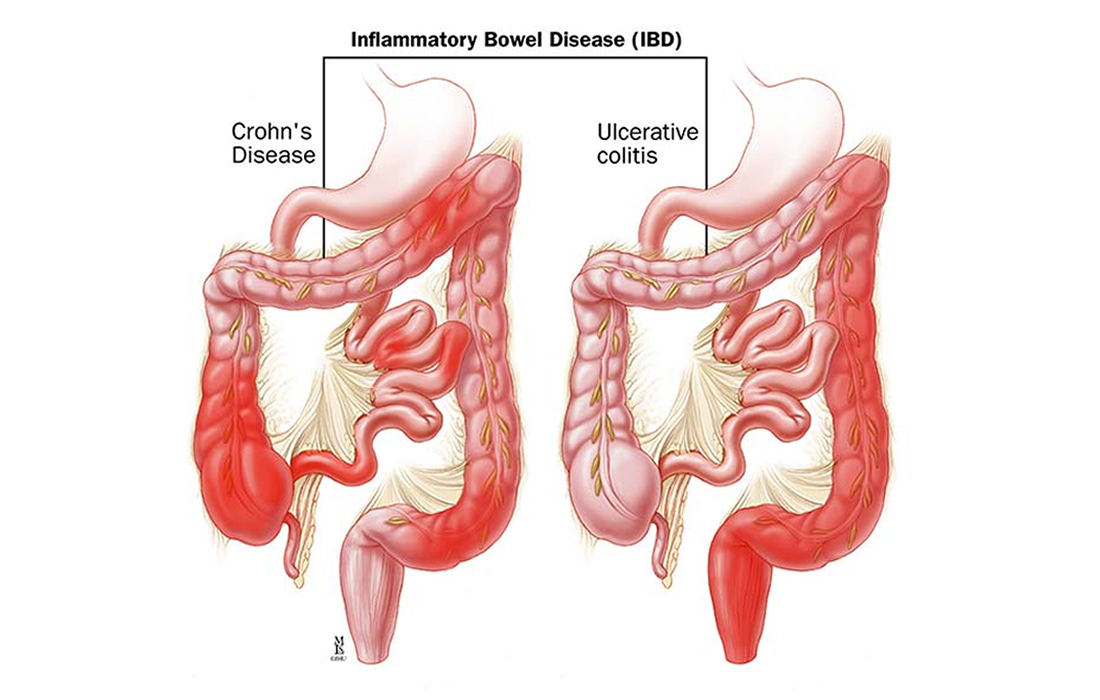Regenerative Medicine News and General Information
Lymphoid Cell Maturity and More Effective IBD Therapies
Inflammatory bowel disease (IBD) is characterized by chronic inflammation of the gut mucosa that is thought to increase the risk of colon cancer. The disease typically starts before middle age with symptoms such as abdominal pain and weight loss.
The cause is unknown, but genetical, environmental, and immunological factors are all believed to play a role. There is a great need for new knowledge about mechanisms driving the disease due to the lack of therapeutic response in a lot of patients.
In a recently published study, researchers from Karolinska Institutet in Sweden have analyzed how certain immune cells known as innate lymphoid cells (ILCSs) develop into mature cells that play a part in IBD. The results appear in the journal Science Immunology.
Innate Lymphoid Cells as a promising therapeutic target
ILCs are lymphocytes found in the mucosa where they form part of the immune system and maintain tissue function, such as mucous production.
In the study, researchers isolated ILCs from the tonsils and gut tissue of patients who had undergone resection surgery or endoscopic examination. The study included a total of 48 patients, 31 of whom had IBD.
The team found that a subgroup of ILCs constitute a pre-stage of mature ILCs and accumulate in the intestinal mucosa of patients with IBD. Different factors in the gut can then influence the metabolism of these ILCs, to stimulate cell division, and the production of cytokines, such as IL-22 which protects the intestinal tissue.
The team hopes that they can develop drug products in the future with their new knowledge, and how they could be manipulated for therapeutic purposes.
Source:
Karolinska Institutet. “New knowledge on lymphoid cell maturity could lead to more effective IBD therapies.” ScienceDaily. ScienceDaily, 15 April 2022.
<www.sciencedaily.com/releases/2022/04/220415163754.htm>.
Image from:
https://www.hopkinsmedicine.org/inflammatory_bowel_disease_center/about_ibd/

